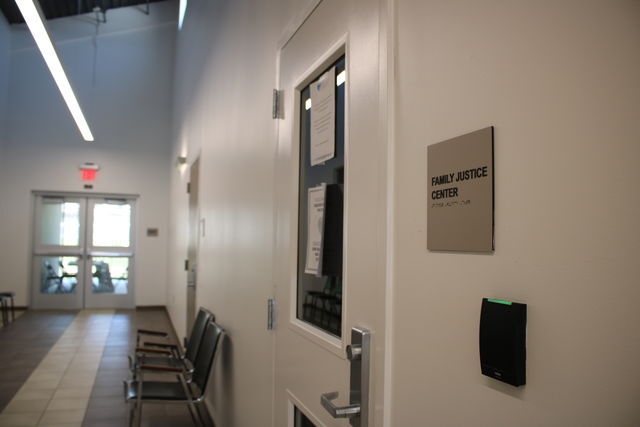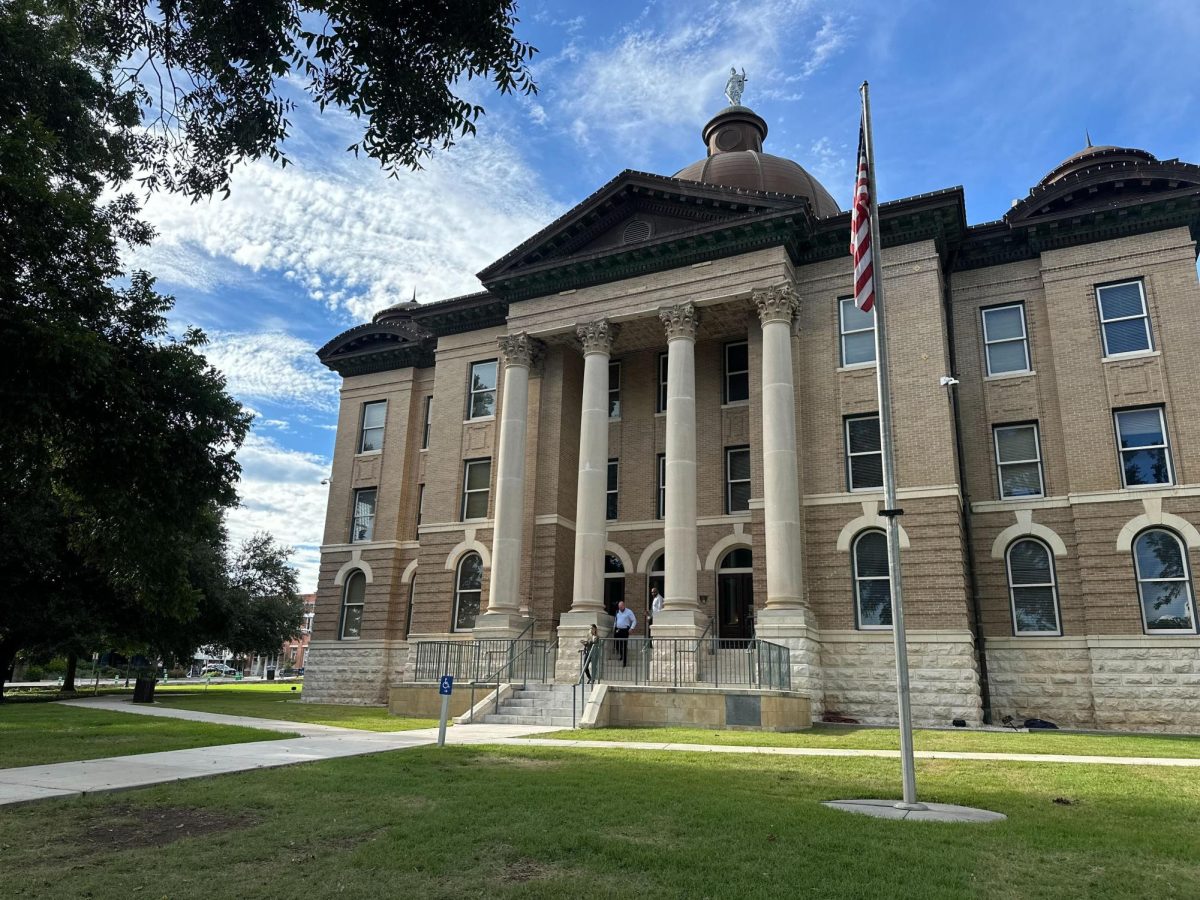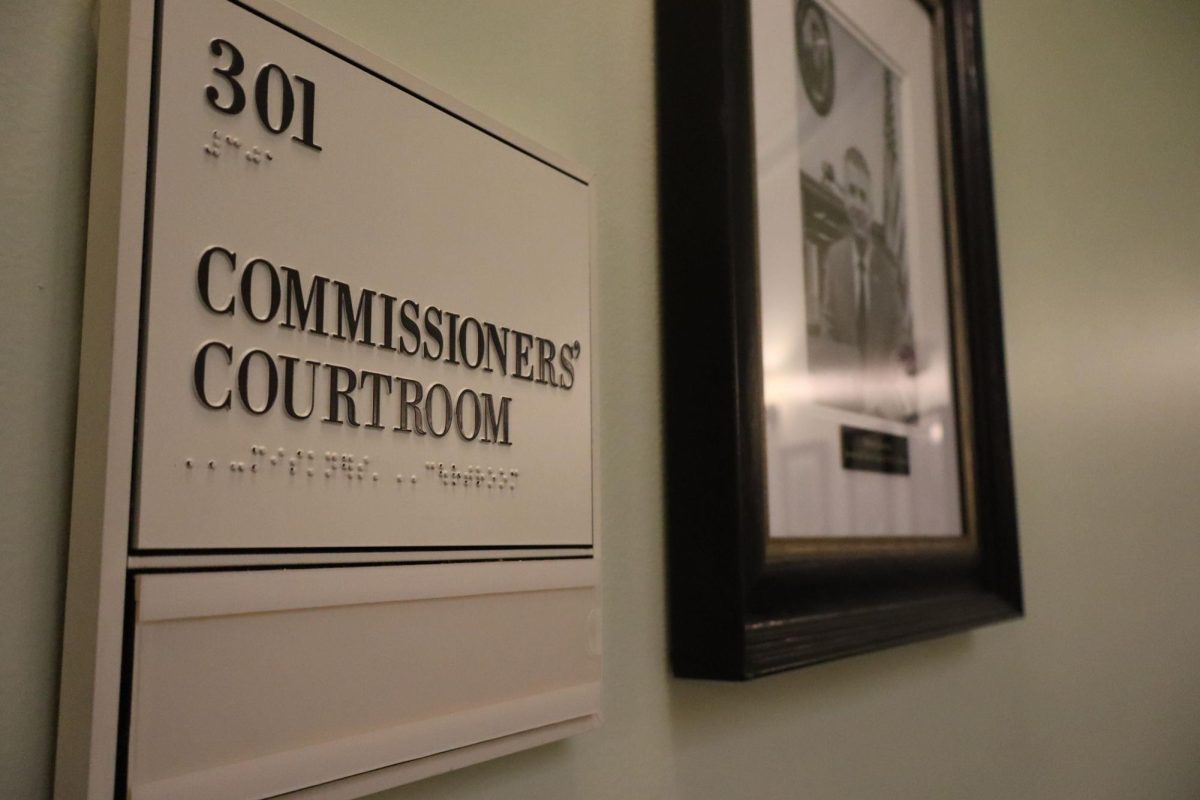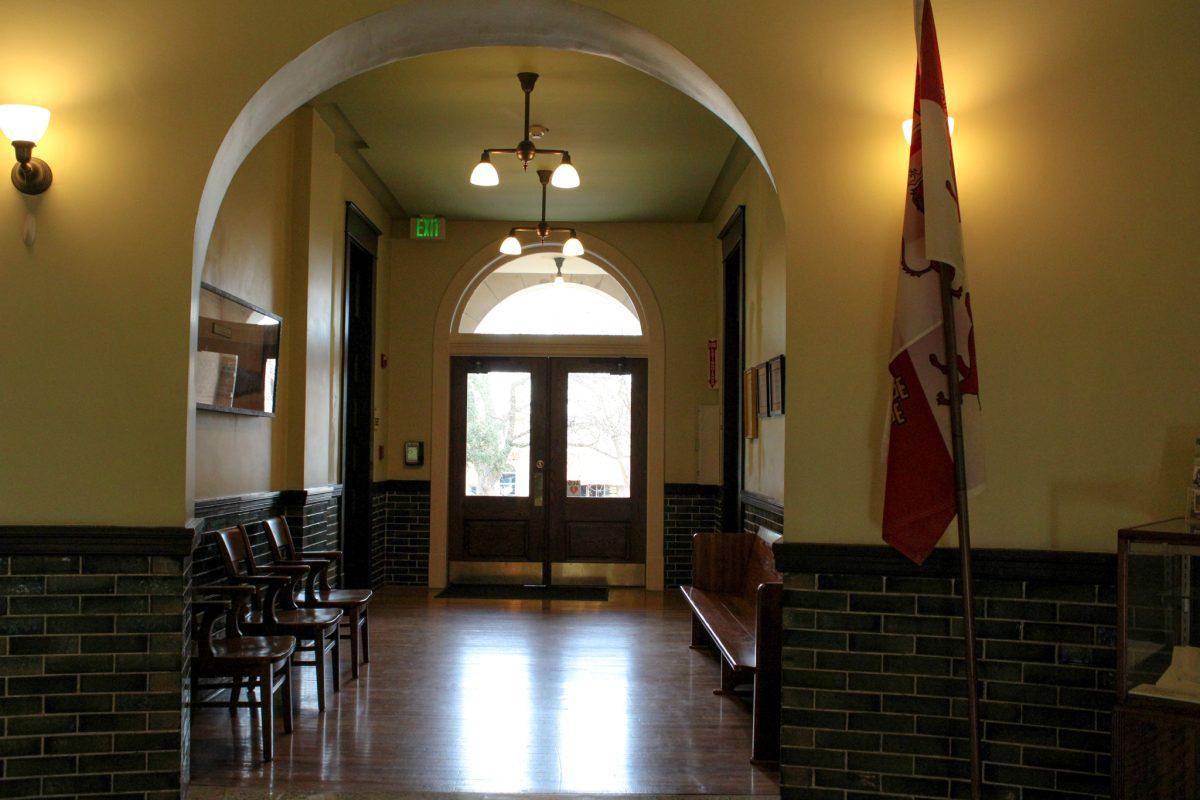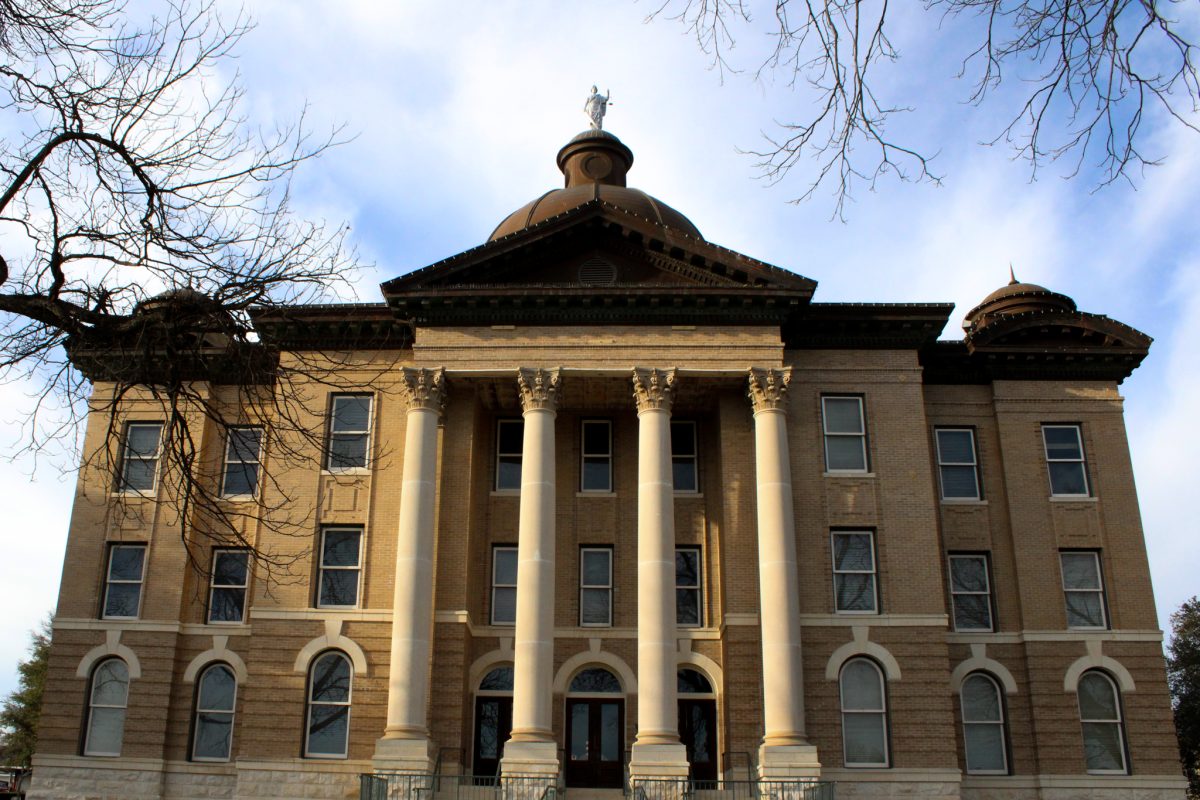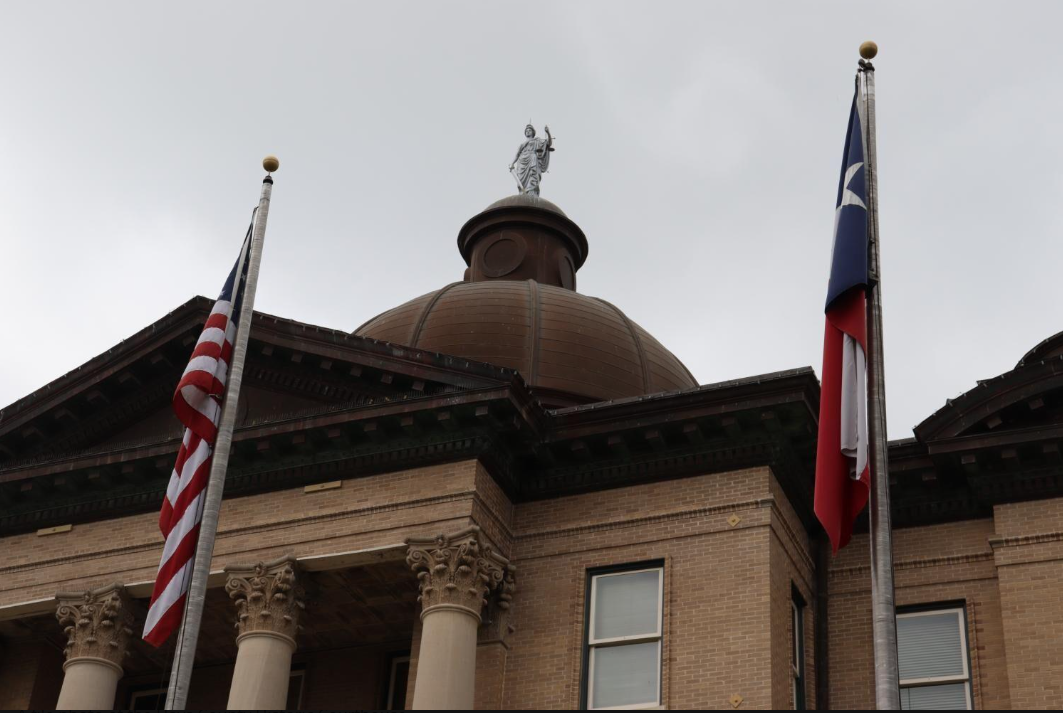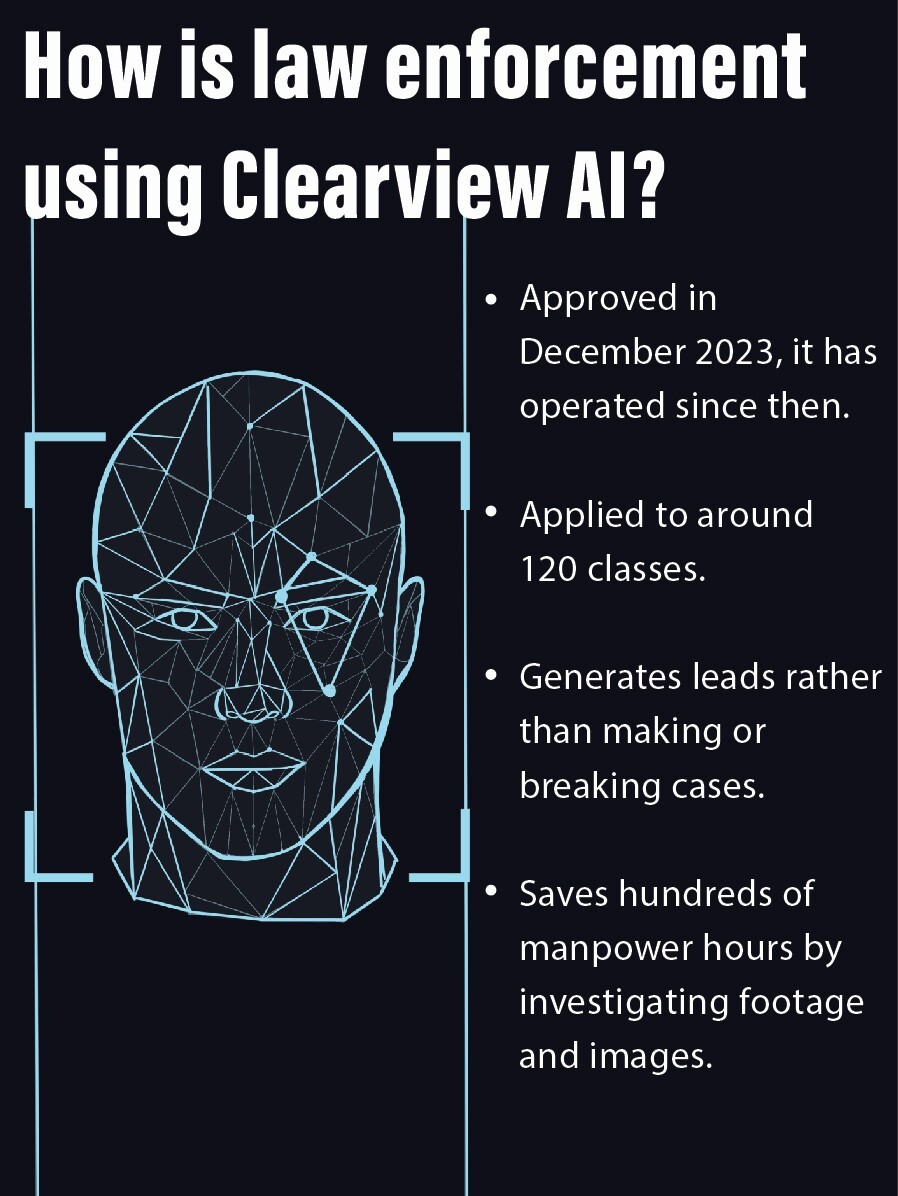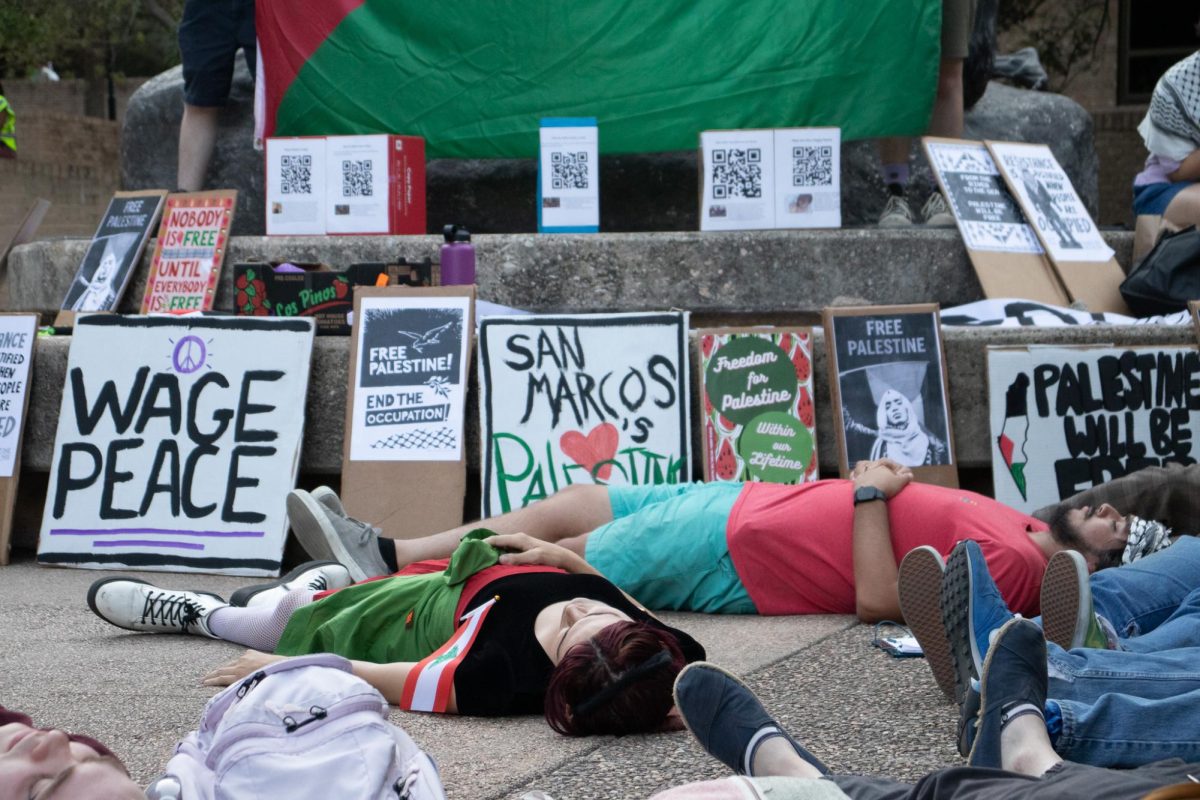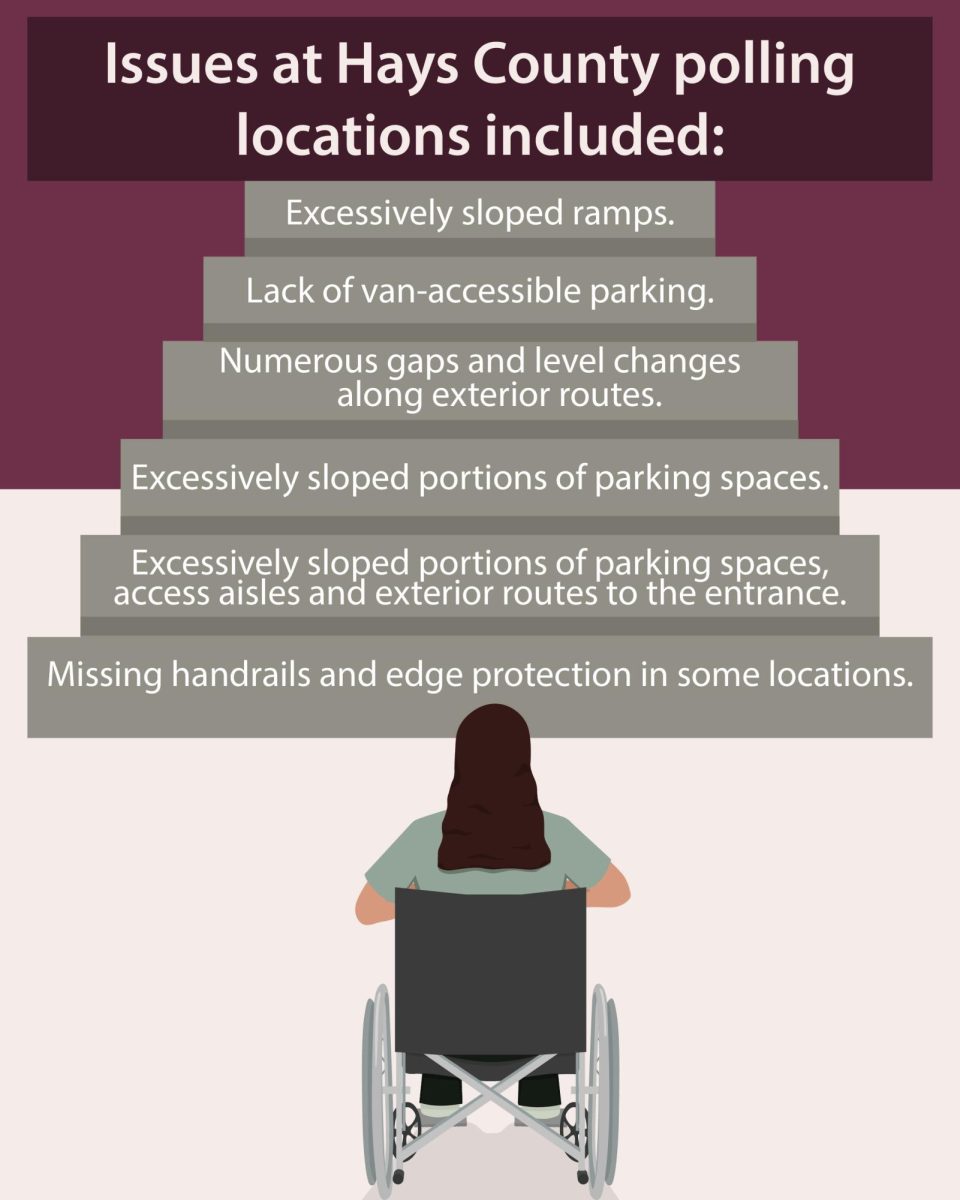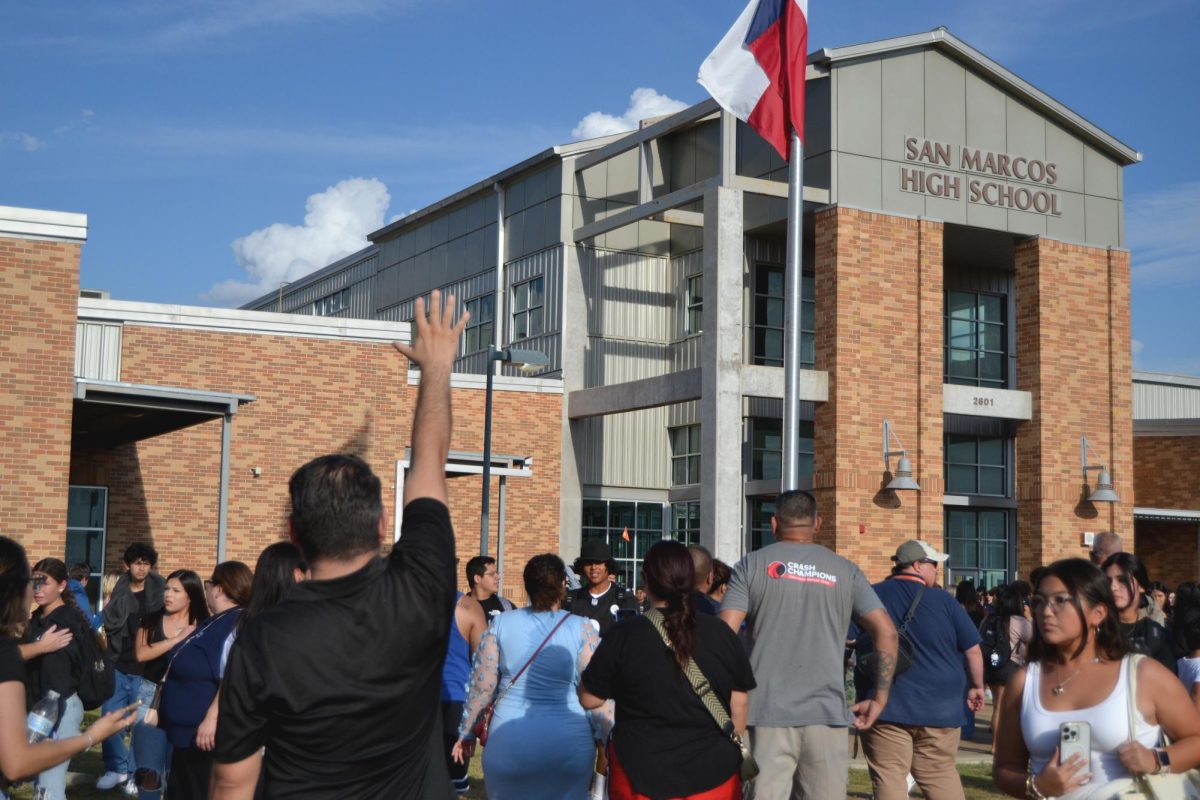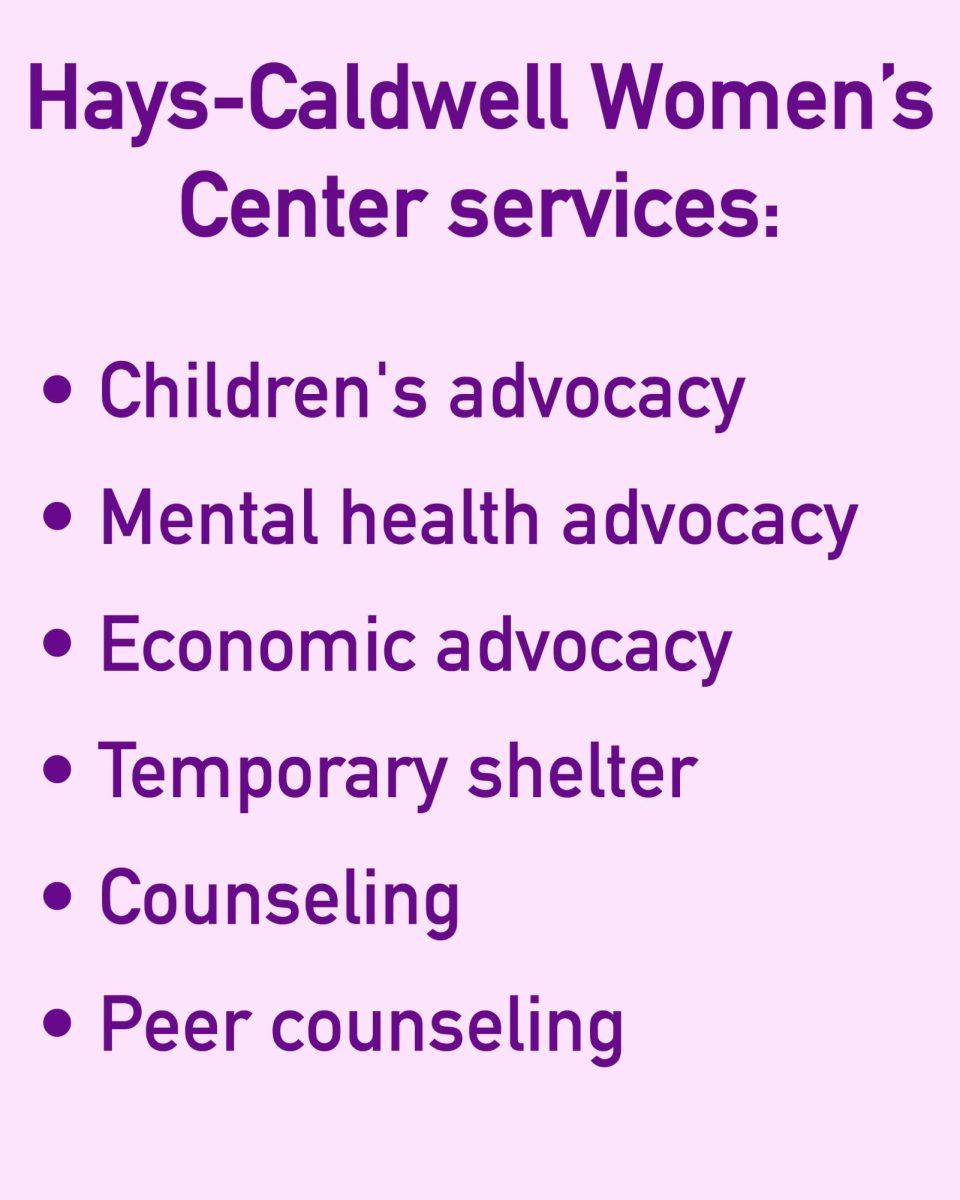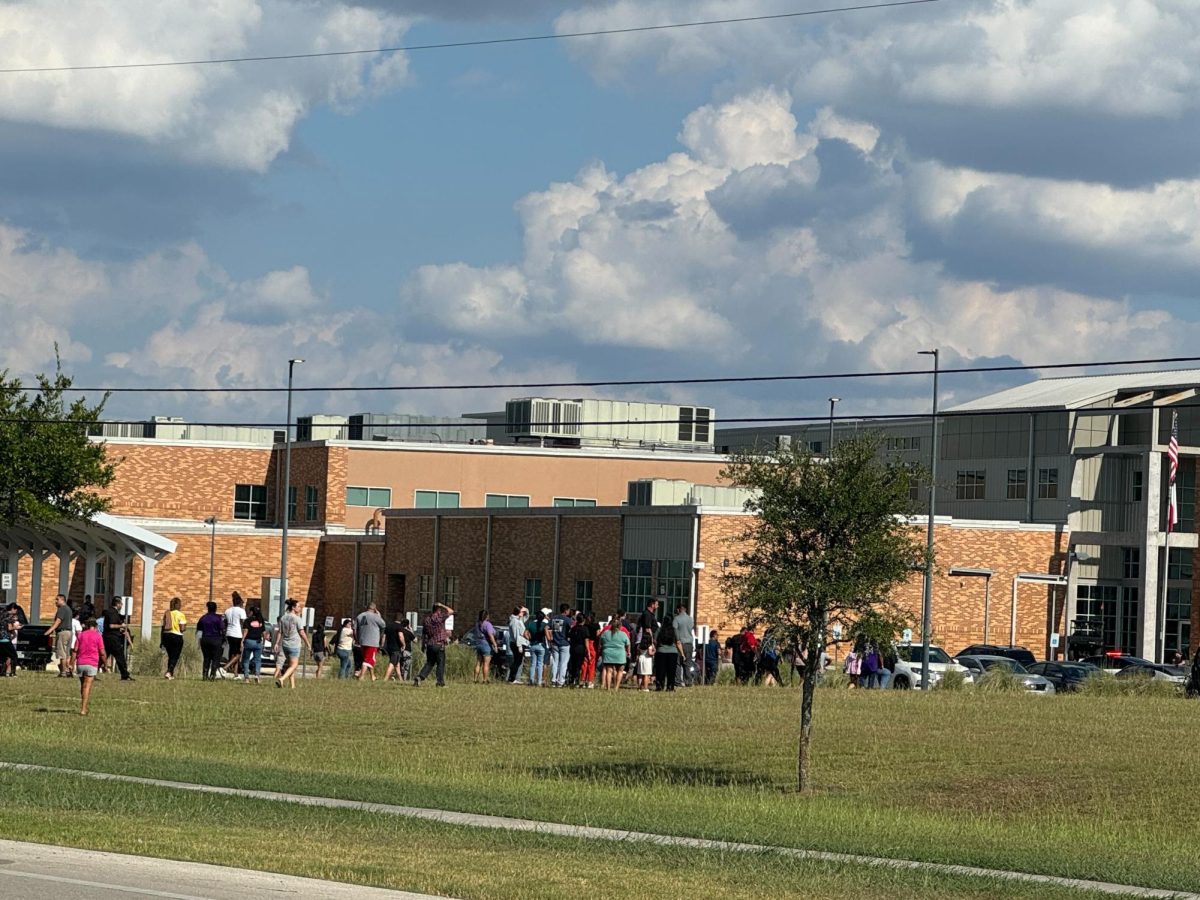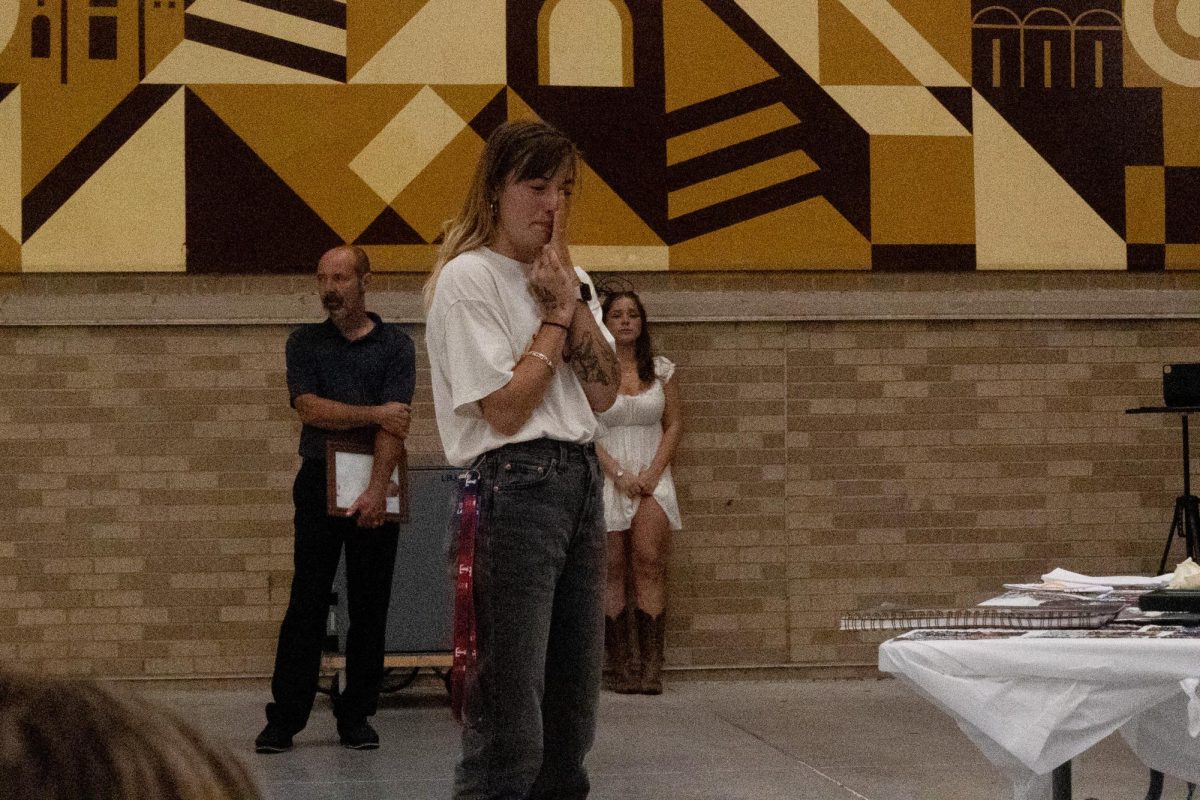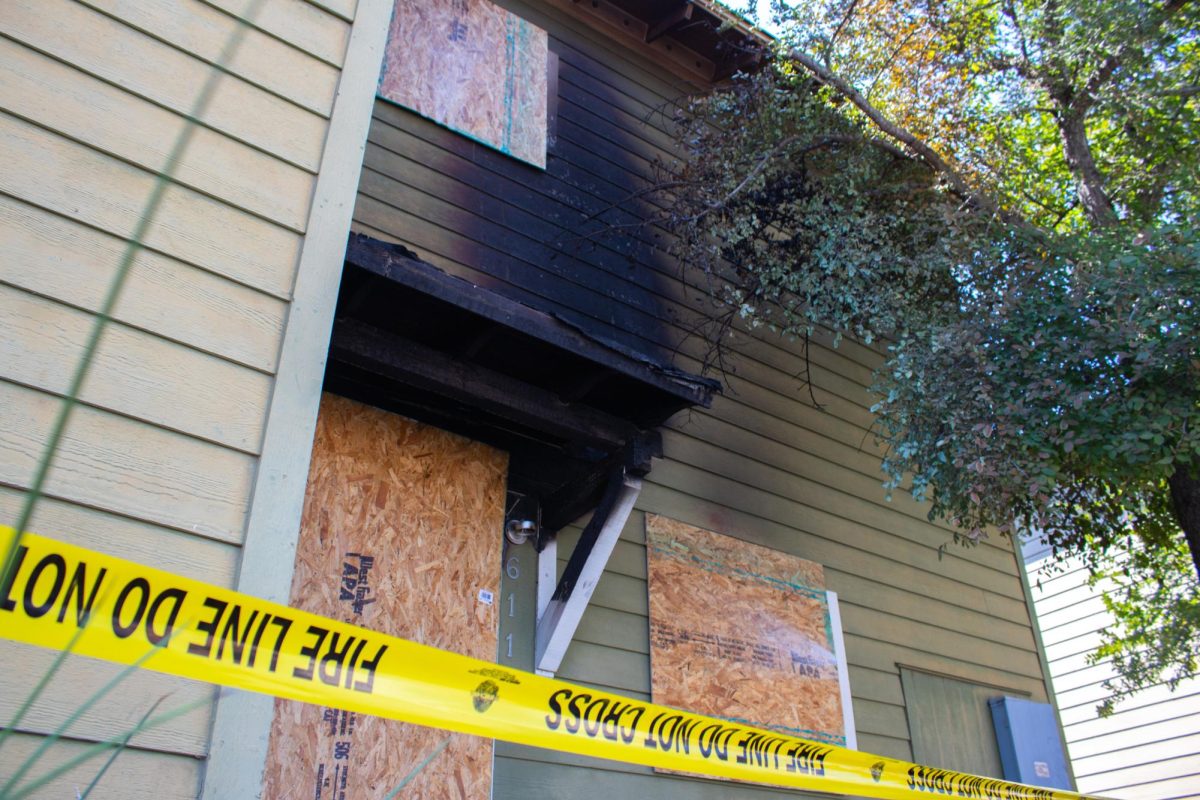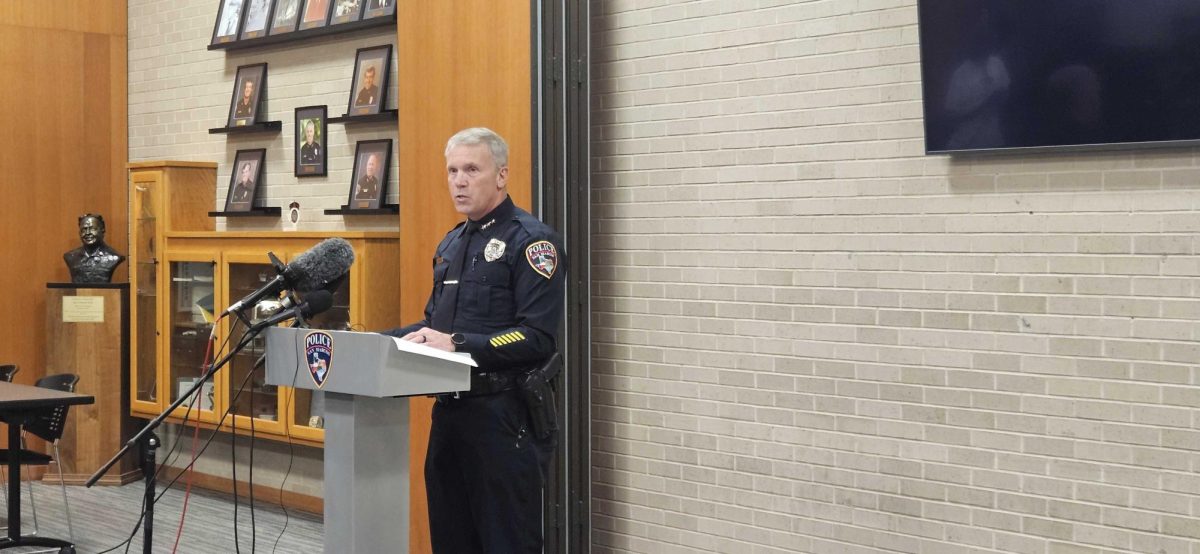Editor’s Note: The University Star spoke to the Family Justice Center once for this story and attempted to reach out again to speak to the new victim services coordinator. The Star has yet to receive a response.
After the Hays County Commissioners Court authorized a $55,000 grant for the Family Justice Center (FJC), approved by the Office of the Texas Governor, the center and Victims Services Department have partnered in hiring a new coordinator to work with both facilities.
The coordinator was recently hired and is expected to begin working in July. Until then, the individual will remain in training.
The FJC functions as a location where victims of domestic violence or violent crimes can discuss advocacy and safety plans, meet with a police officer or prosecutor and gather information on the shelter, as well as receive help with food, transportation and medical assistance.
The victim services division, on the other hand, provides services such as courtroom accompaniment and education on the criminal justice system.
Hays County Criminal District Attorney Wes Mau says the assistance coordinator will work as a middle person for victim services and the FJC to lessen the number of stops or protocols a victim goes through when in need of services.
“The grants are designed for specific things, one of them is victim services,” Mau says. “Of course, I already have a victim services department, which has a number of employees we call victim assistance coordinators, and this would be to add one victim assistance coordinator to that group for a particular purpose, that being the local Family Justice Center.”
Mau says the victim services staff have consistent work and “serve hundreds of victims every year.” Hiring a coordinator to assist the FJC will allow staff to spread out their work, he adds.
Maggie Avalos, the victim assistance lead coordinator for the Hays County Victim Services Department, has noticed a change in the number of residents that utilize the department’s services since the beginning of 2020 but says the department continues to communicate with clients no matter the size of the staff.
“You could say compared to other counties, you know, like I know San Antonio has like 40 victim assistance coordinators…They have their own protective [organization]; we don’t have that. So, I think you can say that we are [smaller] compared to others,” Avalos says.
The FJC opened in early 2020 but closed its doors shortly after due to the COVID-19 pandemic. The center has since operated through pre-made appointments. However, it does accept walk-ins for anyone in need of assistance.
Cynthia Fowler, the board president for the FJC, says while the center partners with local agencies and organizations such as the Hays County Women’s Center, the Hays County Sheriff’s Department, the Hays County District Attorney’s Office and the San Marcos, Buda and Kyle police departments, it is independent and provides an open and comforting facility to victims who need help.
“We are not a law enforcement agency,” Fowler says. “We partner with law enforcement agencies and their victim services coordinators. The whole idea behind the [Family] Justice Center is to offer services for victims of any type of violence, family violence, dating violence, sexual assault, you name it, and it’s a one-stop-shop where we are kind of a coordinator to help them, obtain an order of protection or file a criminal complaint. We can help arrange for shelter, food assistance and utility assistance, even some training, job training.”
The center is victim-centered, Fowler says, and also provides an understanding atmosphere, one that hopes to stop traumatizing life experiences from repeating.
“The idea behind the [Family] Justice Center is [it’s somewhere] you can go and only have to tell your story once,” Fowler says. “Because normally if you’re really making a plan to get out of a dangerous situation and you need some sort of assistance, it’s really traumatizing to the victim. They have to tell their story over and over again. So, we try to streamline it to where they only have to tell the story once and then we get them the services they need from there on.”
Hays County hires new coordinator to assist Family Justice Center
Timia Cobb, Assistant News Editor
April 12, 2021
The door and outside sitting area of the Family Justice Center, Monday, April 12, 2021, at the Village Main Campus.
0
Donate to The University Star
Your donation will support the student journalists of Texas State University. Your contribution will allow us to purchase equipment and cover our annual website hosting costs.
More to Discover


